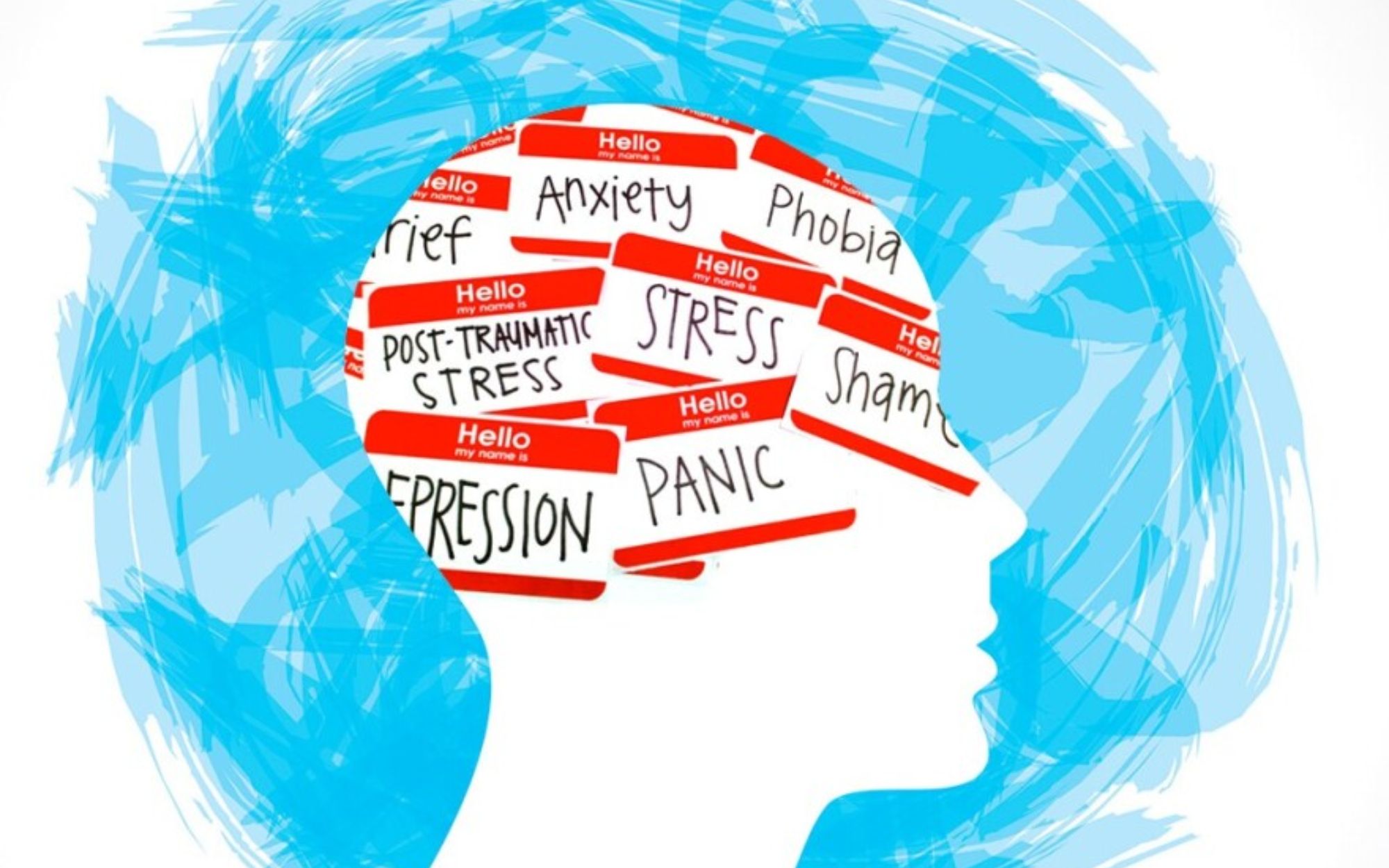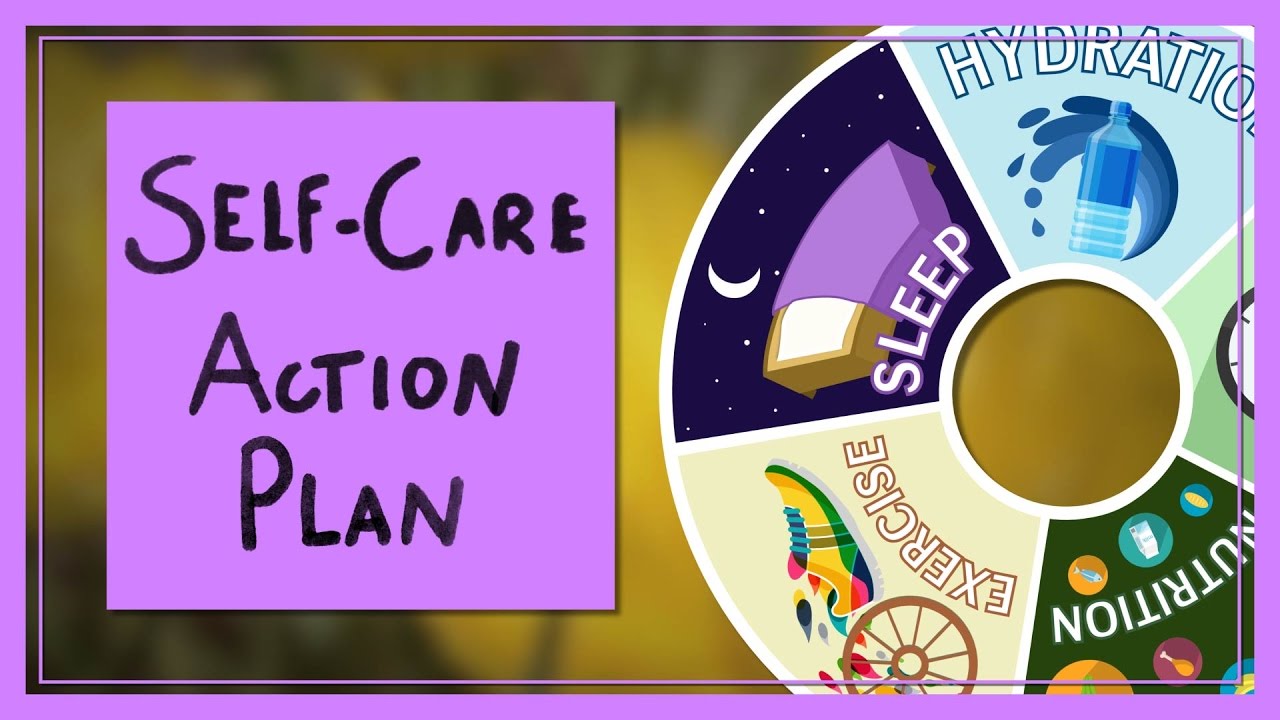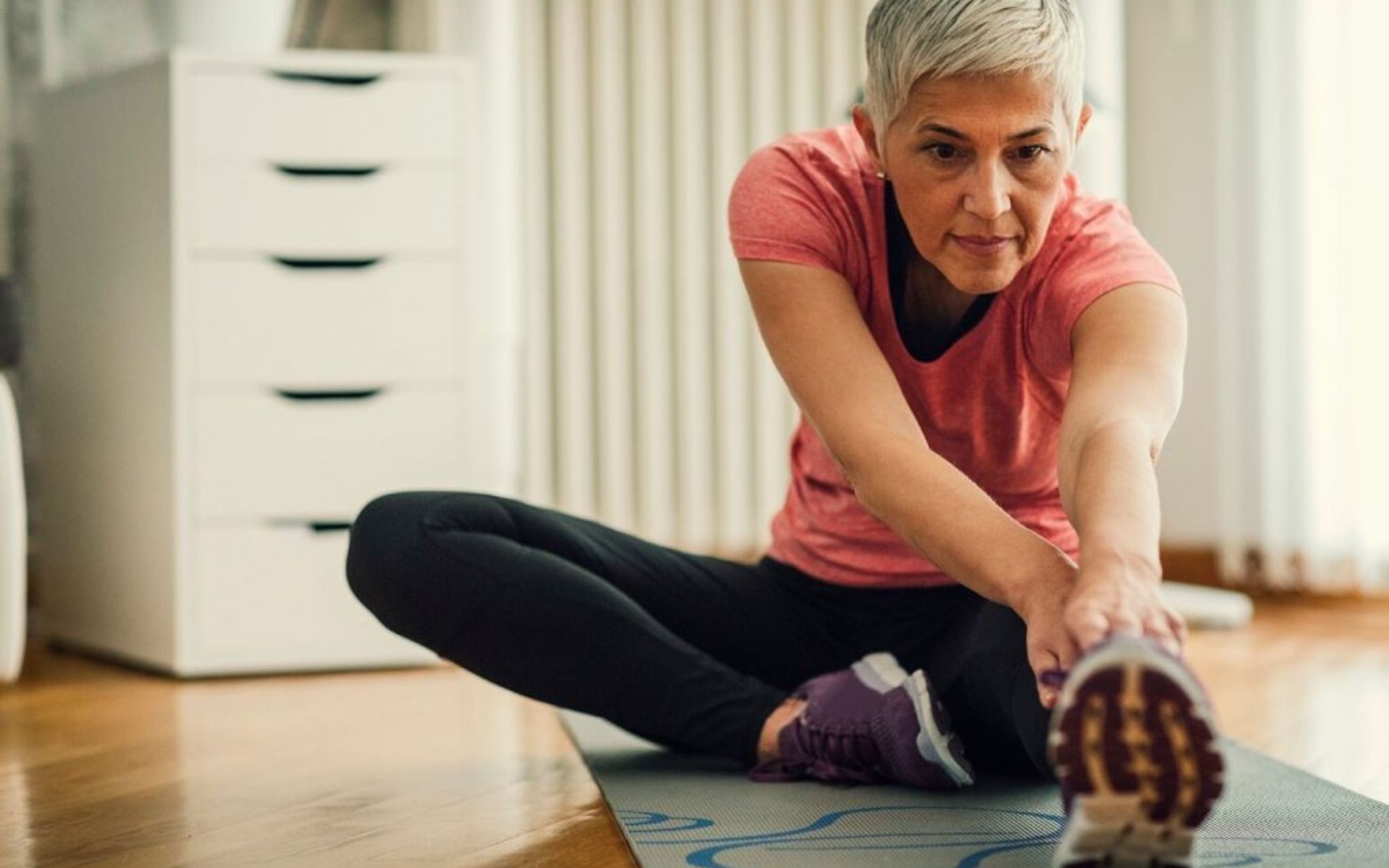Self-Care Tips And Activities For College Students That Should Put Into Practice
Students in higher education are often under growing levels of anxiety and are sometimes poorly prepared to deal with the challenges of their studies. To promote and maintain your mental health, the article will share a variety of self-care tips and activities for college students.
Author:James PierceReviewer:Paolo ReynaAug 17, 202213 Shares557 Views

Students in higher education are often under growing levels of anxiety and are sometimes poorly prepared to deal with the challenges of their studies.
To promote and maintain your mental health, the article will share a variety of self-care tips and activities for college students.
For what reasons is it crucial that you understand and read this self-care?
The stress, worry, sadness, suicide ideation, and self-harm that seem to be increasing throughout the epidemic hit college students particularly hard.
Meanwhile, in 2020, when the pandemic broke out, universities and colleges across the country had to face the unenviable task of learning how to adjust quickly when things don't go as planned.
Many schools had to temporarily close because of the COVID-19 pandemic and did not give their students a date for when classes would resume.
Anxiety and feelings of being alone among students increased as a result of this abrupt shift and the subsequent shift to online education.
With social media and breaking news alerts available all the time, it's more important than ever to take time for yourself to keep your mind healthy.
Defining Self-Care

Let's get one myth out of the way right off the bat: self-care is not the same thing as self-indulgence, nor is it the same thing as being selfish.
Practicing self-care entails attending to your own needs in order to ensure that you are in good physical and mental health, that you are able to perform the duties of your career, and that you are able to achieve everything you need to and want to on a given day.
Self-care is anything that college students do to keep their mental, physical, and emotional health in good shape or make it better.
Many of these things that college students do are designed to help them reset their minds and attitudes and require them to spend time alone, away from their schoolwork.
Self-care is defined by the World Health Organization as:
“„[Self-care is] the ability of individuals, families, and communities to promote health, prevent disease, maintain health, and to cope with illness and disability with or without the support of a healthcare provider.
According to this definition, self-care encompasses everything that has to do with maintaining one's physical health, like was mentioned earlier.
This includes practicing good hygiene, eating a balanced diet, and going to the doctor when necessary.
Furthermore, WHO points out that it also refers to all an individual can do to protect his or her own health and well-being and deal with the various sources of stress that are present in his or her life.
If you have the impression that you have been hearing more about the importance of self-care recently, you are correct.
One example is that, according to Google Trends, people are searching for "self-care" at a rate that is more than twice as high as it was in 2015.
This topic is so trendy and many health experts recommend this term to youths, especially when distance and online learning are implemented by the government in all educational sectors.
Difficulties In Practicing Self-Care
Loneliness
Being away from classmates, friends, and the normal activities of college has made college students feel much more alone.
When they switched to online learning, half of the students felt like they weren't a part of the class anymore.
Motivation
If you don't have a class to go to or a set schedule, it can be hard to get motivated.
The pandemic has also caused more problems with mental health, which makes it harder to find the energy or mental capacity to do schoolwork.
It can be especially hard for students who are learning at a distance because they have to set their own pace and don't have the help of friends and classmates to keep them on task.
Problems With Technology
The vast majority of college students logged into their online classes using the internet connection that they already had at home.
This made it harder for students who didn't have access to technology or who lived in places with slow internet to learn.
And worse, poverty makes a college student unable to attend online classes.
Time Management
One of the most difficult challenges of online learning is managing time effectively.
Students who don't know how to manage their time may find it hard to finish their assignments and do poorly in school.
Worse, not managing time well was linked to things like "poor sleep patterns" and "higher levels of stress."
Self-care Tips And Activities For College Students
During times of trouble and uncertainty, it is important to take steps to keep your mental, emotional, and physical health in good shape and to stay connected to a larger sense of community.
The following are some suggestions and activities for self-care that have been recommended by professionals in the field of mental health.
During the COVID-19 outbreak, the following tips come in part from tools and suggestions made by mental health professionals at Johns Hopkins.
They can help you protect your physical and mental health.
Keep In Touch With Your Trusted Circle Of Friends
Being far away from someone doesn't have to mean being alone.
It's important to have a strong network of people you can turn to when you're having a hard time.
If you are having personal problems, you should set up a virtual get-together, phone call, or group text with friends or family.
This can help you feel less alone and improve your mental health.
Talk to the people you know about how you feel and what you're afraid of.
George Everly, a professor of international health at the Johns Hopkins Bloomberg School of Public Health, suggests making a plan for mutual support in which you and one or two close friends or family members talk about your mental health regularly.
Maintain Your Daily Routine
When people have a general routine, they tend to feel more at ease and happier.
So keep up with your regular routines, if you can, such as watching your favorite shows, listening to your favorite music or podcasts, or preparing your go-to meals.
If you are a parent, it is in everyone's best interest to keep your children's daily schedules as regular as possible.
Also, it's very important to get used to the new normal by starting new habits, like online game nights or reading groups.
It has been found that creating and executing new routines that connect you to what actually matters in life is the best prescription for healthy mental health.
One website that gives free advice from the world's most respected book that has been tried and tested suggests:
Make a schedule that reflects your current situation. Set aside specific times to do schoolwork, secular work, and household chores as well as times to take care of your spirituality. Include other healthy activities, such as spending time with family, being outdoors, and exercising. Periodically review your schedule, and revise it as necessary.
Take Good Care Of Your Body
Taking care of your body is an important step in protecting your mental health.
By eating a healthy, balanced diet, you can reduce the negative physiological consequences of stress on your body.
Boosting your mood is a side effect of exercising and eating healthy.
Studies have shown that exercise can help with mental health problems like depression and anxiety.
A research study authored by Madaan and Petty (2006) and published in The Primary Care Companion to the Journal of Clinical Psychiatry found out that:
Health benefits from regular exercise that should be emphasized and reinforced by every mental health professional to their patients include the following: Stress relief, Improvement in mood, Increased energy and stamina, and Reduced tiredness that can increase mental alertness.
Get Away From The News And Social Media For A While
When your mental health begins to suffer from too much screen time, it's time to unplug from it.
You can keep yourself informed by checking in occasionally, but you don't need to keep refreshing your feeds all day long. Fear and anxiety may be intensified as a result.
Laura Murray, a senior scientist in mental health at the Bloomberg School of Public Health, stated:
“„It's a human phenomenon that many of us can't stop constantly watching a disaster unfold—even though we may want to look away.
Go Outdoors
Reduced time spent in the sun has been linked to lower levels of the feel-good chemical serotonin, which may contribute to major depressive episodes that follow a seasonal pattern.
The light-induced effects of serotonin are caused by sunlight getting into the body through the cornea.
Certain regions of the retina are stimulated by sunlight, which in turn causes the release of serotonin.
Therefore, wintertime, with its shorter days, is a period of the year that is more likely to cause you to suffer from this type of depression.
Light therapy, also called phototherapy, is one of the most common treatments for seasonal depression, which is caused by a link between the weather and mood.
You may improve both your physical and mental health by spending at least an hour outside every day.
This will provide you with the opportunity to breathe in fresh air.
Get Enough Sleep
Getting enough sleep is an important part of keeping your body and mind in good shape.
Sleep not only helps the immune system, but it also makes the body less sensitive to the effects of stress.
Experts say that young adults should get at least 7 hours of sleep every night to give their bodies and minds a chance to rest and recover.
Sleep deprivation can make you irritable, unable to focus, quick to anger, stressed out, and more likely to get sick.
Contributing health writer Karen Asp said:
Two rules you need to remember, though: Keep that nap under 40 minutes, and time it so that you’re napping in the early afternoon, generally before 2 p.m. Nap too long or too late in the day, and you’ll have a tougher time falling asleep that night.
Practicing Self-Care In College

Self-Care in College
The Importance Of Self-Care For College Students
One way to deal with the ups and downs of college life is to engage in "self-care," which consists of simple activities that can help reduce stress and improve your quality of life.
According to research, it can not only keep you healthy but also improve your overall well-being.
Bernadette Chavez Pion, who is a CARE Counselor at the School of Undergraduate Studies at the University of Texas at Austin, said:
“„Self-care is more than an occasional treat; it’s a way of living each day that incorporates behaviors that help you feel refreshed, re-energized, and rested. The practice helps you manage the daily stresses in your life—the academic pressures, tricky interpersonal relationships, and uncertain future plans.
Self-Care Activities For Students
Listen To Music
Listening to music is a great way to take your mind off of stressful situations and relax your body.
Music has been shown to have a number of therapeutic advantages, including reducing feelings of anxiety and sadness, easing muscular tension, and improving mood.
Create a playlist of your go-to tunes that will help you relax when you need it most, and play that playlist first thing in the morning.
Most importantly, don't play music that makes you sad or music that recalls your bad memories from the past.
Apart from listening to music, you can try the following activities:
- Make use of coloring books.
- Watch your favorite Netflix show all at once.
- Read motivational quotes every day.
- Reorganize your room.
- Pet your cat or dog. Petting an animal has been shown in studies to release serotonin (the chemical in your body responsible for happiness).
- Maintain a journal.
- Allow the sun in by opening your blinds and curtains.
- Diffuse essential oils or light a scented candle.
Self-care Plan For The Whole School Year Example

A Self-Care Action Plan
People Also Ask
What Are 5 Self-care Activities?
- Engage in some physical activity.
- Take a walk.
- Drink plenty of water.
- Maintain good sleep hygiene.
- Consume a nutritious meal.
How Do College Students Take Care Of Themselves?
It's vital to take care of your physical and mental health so you can make the most of your time at university. University life may be a lot of fun, but it can also be challenging.
Here are some self-care practices practiced by college students:
- Take time to relax.
- Eat a balanced diet.
- Consume enough water.
- Keep moving.
- Be innovative.
- Attempt to do something different.
How Do I Write A Self-care Plan?
- Look at your routines right now. Consider where you are right now when you construct your self-care plan.
- Determine your needs for self-care. Consider what matters most to you in daily life.
- Make a list of the practices that meet your needs.
- Schedule them into your day.
- Eliminate all obstacles.
Conclusion
We don't always find it easy to put our own needs first.
And it can be especially hard for students to take care of themselves because they often have too much to do and not enough time.
The self-care tips and activities for college students presented in this article are very important for students.
Self-care is a clear way for busy college students to deal with stress and make sure they are healthy overall.
By putting your health first in this way, you can set yourself up for continued success in school and in life.

James Pierce
Author

Paolo Reyna
Reviewer
Latest Articles
Popular Articles



